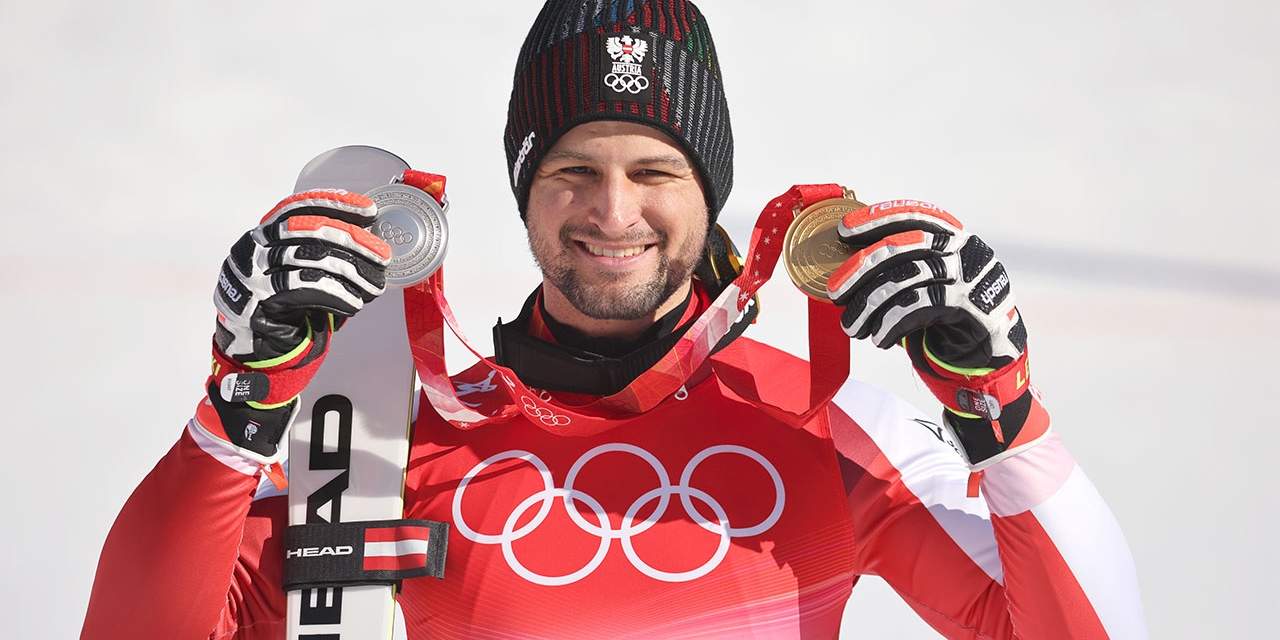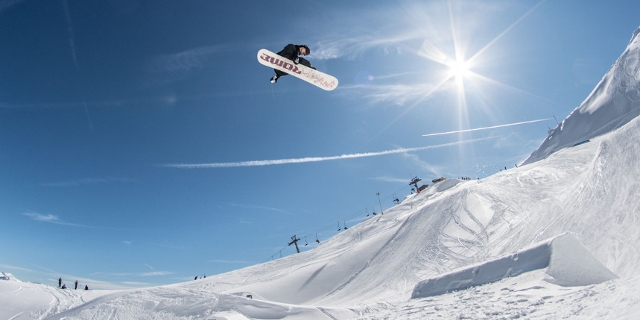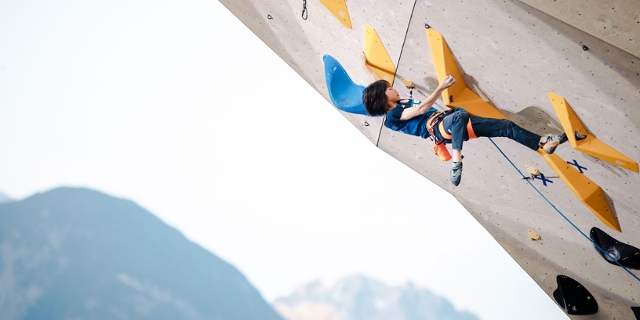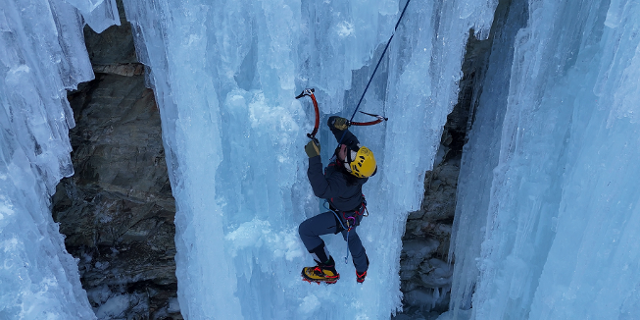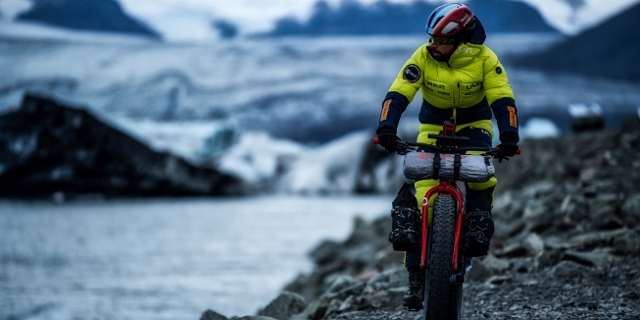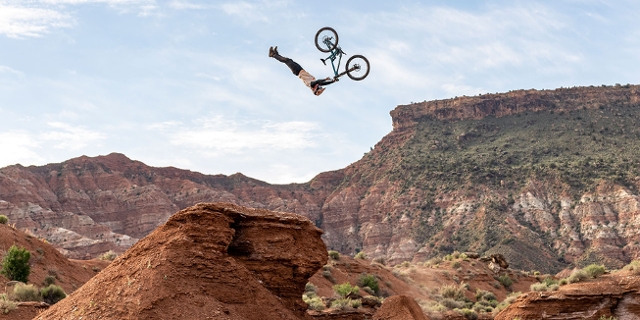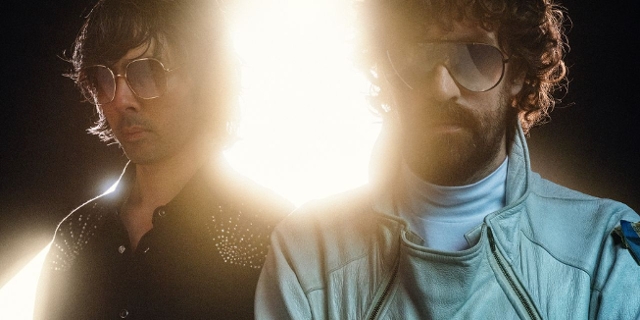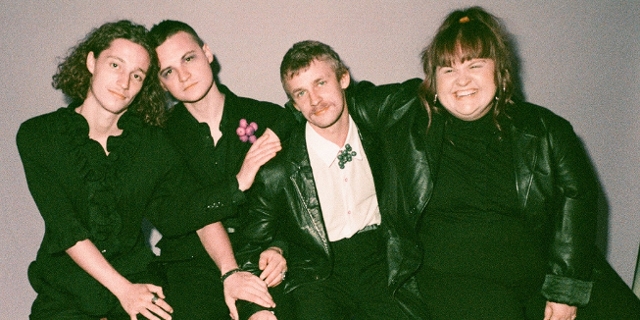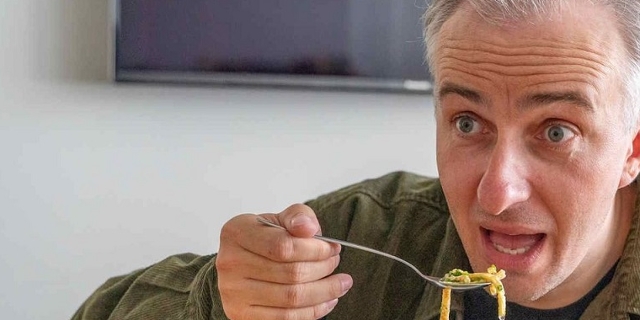Finding Gold On The Scrap Heap
This week, 29-year Austrian skier Johannes Strolz capped an incredible Olympics. He took silver in the Slalom to follow his gold medal in the Alpine Combined event. This achievement mirrored the success of his father Hubert, who took gold and silver 34 years ago at the Olympics in Calgary. What a story!
And yet, for me at least, that is not even the best past of the fairy-tale. Johannes Strolz was an outcast. A year ago he had lost his place in the Austrian squad due to lack of success. He spent months training and racing at his own expense.
It is already a legendary bar-room story how he prepared his own skis for his break-through win in Adelboden last month. Actually he only got a chance to race in the World Cup at all this season after a qualification race on the Reiteralm in autumn.
In other words Austria found gold on the sporting scrap heap.
But should have been consigned there in the first place?
I spoke to a contemporary of Johannes Strolz called Marcel Mathis, a former ÖSV squad member himself. Despite two World Cup podiums and a World Championship Gold, Marcel found himself out of the ÖSV squad and after a few months of soldiering on, he ended his career prematurely at the age of 26. Still only 30, the Vorarlberger now lives in London where, on top of a nine to five job, he is part of the entertaining and informatice The Ski Racing Podcast.
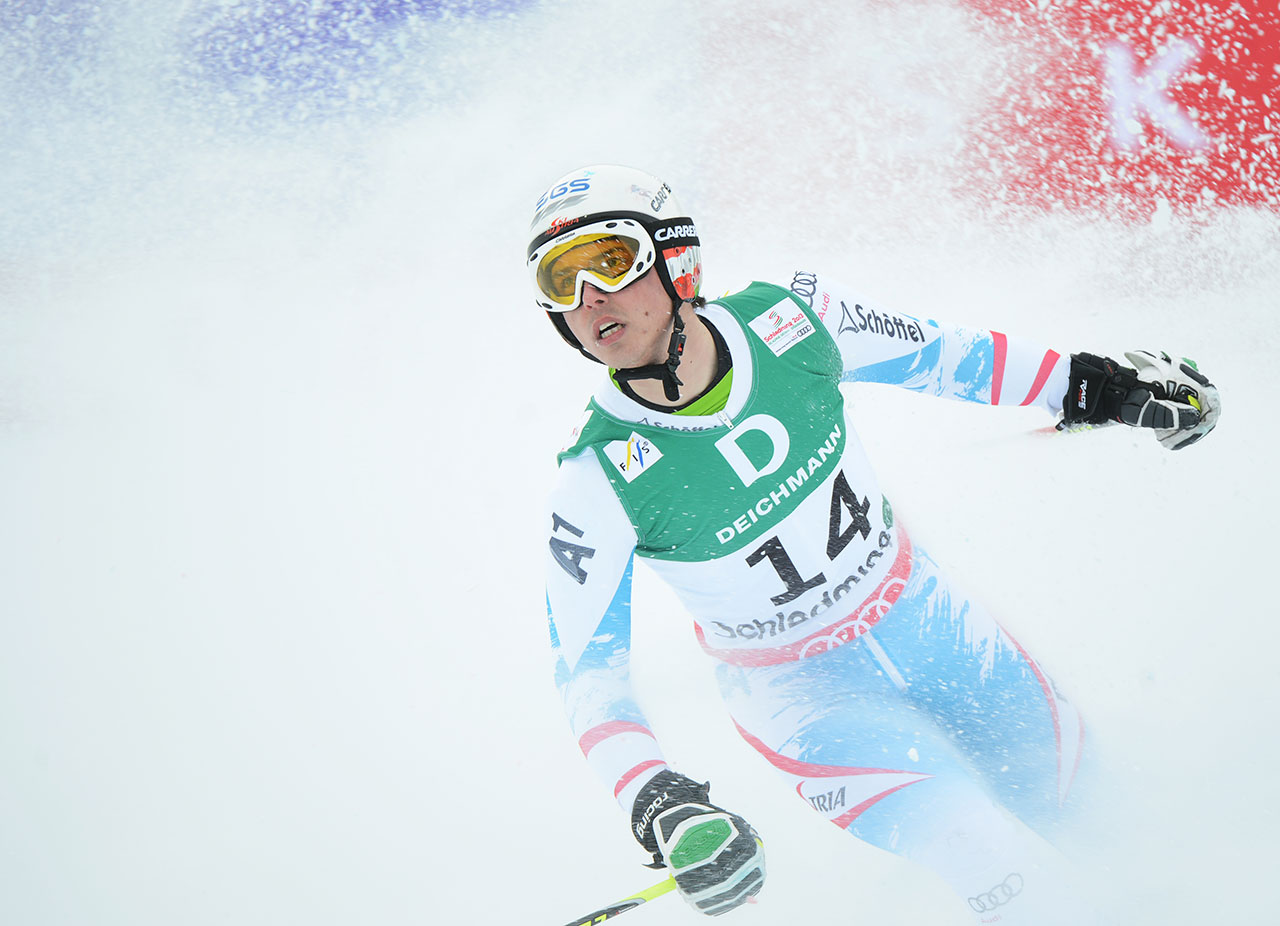
APA/HELMUT FOHRINGER
Marcel Mathis in action
I asked Marcel about the lessons that could be learned from Johannes Strolz and his remarkable Olympics:
Chris Cummins: At the beginning of the season, I don’t think many people were talking much about Johannes Strolz even going to the Olympics now he’s won two medals. Can you put into context what sort of achievement that is?
Marcel Mathis: I mean, if you put it in context,he had no support from the Austrian ski team whatsoever in his preparation. He had to pay everything by himself, he had to organise everything by himself, tune his skis all by himself. And now he has won the Olympics.
I think it should be very high up there in like a sporting history, no one expected him to win anything this season and he did it at the Olympics. Which is fascinating. It is like Leicester winning the Premier League.
If the coaches have lost faith in you and it’s costing you a lot of money and you still have this dream, it must take a huge amount of self-belief. What is he like? Where do you think that self-belief comes from?
Obviously he comes from a skiing family, as his father was an Olympic champion himself. But I don’t know where he gets that mental strength. He’s such a nice guy. He’s always very helpful and I always enjoyed being with him. But I think it is unbelievable that he kept it going through that period of no success. I’m glad he has had this moment because not many people do when they’re at that stage.
It’s different in other countries, right? But in Austria, when you’re older, you are given very few chances. He had that one chance basically to qualify for the World Cup. And he took it. And then he went on from there.
You talked about the expense and logistical difficulties of keeping it going when you lose your squad place. What exactly do you have to do?
Well, you have to find training slopes during the summer, which is incredibly tough. You probably have to work with some other team to be part of their set-up for a while. You obviously have to pay all the costs of hotels, travel and ski lifts. It’s a massive investment into yourself.
I’ve done it myself, and it’s incredibly hard, and especially when you’re used to working with a national team that does everything for you. You have to say ‚OK I actually have to change and I have to do it all myself.‘ It makes you very independent. I think that’s part of why he’s so humble now because he knows what’s behind it.
You mentioned how happy you are for Johannes. As you said you were in a similar position and you decided to step away from ski racing. Was there any part of you, while watching this late bloomer, that thought ‚Maybe I should have struck with it‘?
(laughs) No, when I was done, I was done. I’m incredibly happy for him. I’m so glad it worked out for him. But, of course, it’s a bit of a gamble. It could have gone the other way. Thank God it didn’t for him, but for me, that was never really an option.
The Norwegians are said to stick longer with skiers even if they haven’t had top results early in their careers. The Austrian team seems quite extreme. Do you think that the story of Johannes Strolz will change anything in the mentality of the ÖSV? Might they think ‚Look, people develop at different ages. We might have a lot of potential if we keep them in our orbit and kept the resources flowing so they could keep training?‘ Do you think they’ll change anything about the way they approach the skiing now?
Well, to be honest, I’m not sure if they will. But if they look at the result, they should. If you look into most of the results this year, good results have come from a lot of people who are older. Some skiers might not be that good when they’re younger and they have to potential to develop.
Johannes is an extreme example but there’s also Daniel Hemetsberger who was not on the team like a couple of years ago and still made it back. You know, it’s like there are quite a few of them who might be late bloomers, and I hope they change their policy. But quite frankly, I don’t think they will.
Sports science is changing and so is medical science. Athletes can go on for longer. We have a Johann Clarey competing at 41 and winning a silver medal. We are learning more about how athletes are progressing. Some people reach the peak in their early 20s, but some people take longer. All sports are starting to understand that…
Yeah, definitely. I mean, all the medicine is getting better. When you have an injury, you come back quicker, like everything is like completely different now. The approach they’re taking by saying that if you haven’t made it by 25, you’re a goner is the wrong approach in my opinion.
There is a lot of talent over the past 10 years that probably missed out on reaching their full potential because they haven’t been supported.
Publiziert am 17.02.2022







